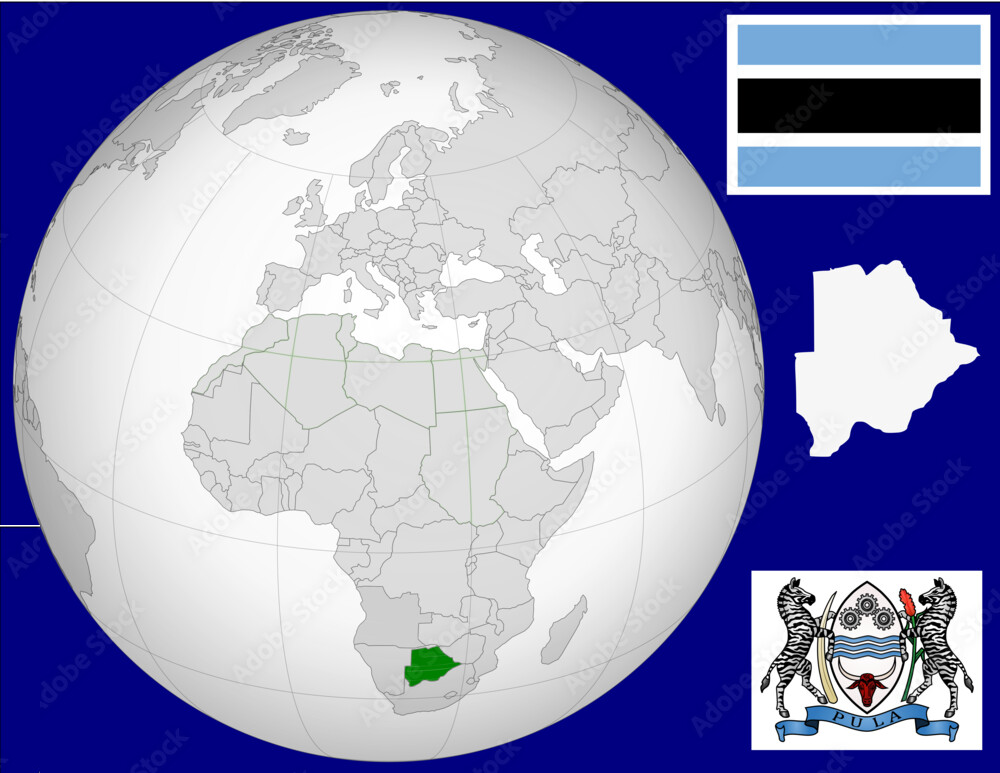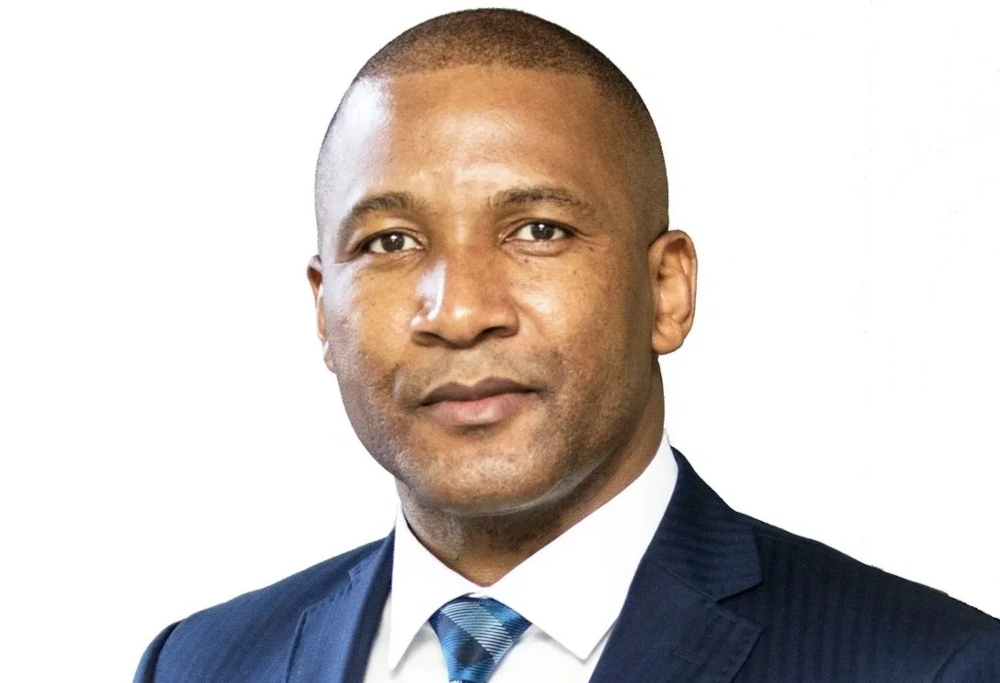Hemp and medical cannabis have been singled out for development in Botswana, under newly elected President Duma Boko’s agenda to diversify the country’s diamond-reliant economy.
Speaking during his first State of the Nation address this week, Boko underscored the country’s plans to leverage its natural resources, such as abundant sunlight, to develop sectors with high potential, including renewable energy and agriculture. The move into cannabis and hemp aims to capitalize on the growing global demand for these crops while diversifying Botswana’s agricultural output, Boko said.
Boko’s administration has received widespread attention over his roadmap for growth and economic transformation after his historic electoral victory over the Botswana Democratic Party (BDP), which had ruled the country since it achieved independence in 1966.
Among his goals is to establish Botswana as a competitive player in international cannabis markets, with the hope that hemp and cannabis products can boost GDP and generate jobs.
Diamonds in decline
Botswana’s diamond revenues, which contribute about 80% of its foreign earnings, have dropped by over 60% in recent years, creating urgency for economic diversification.
“The decline in diamond revenues is a clear signal that we can no longer depend on a single commodity,” Boko said.
Addressing Botswana’s unemployment crisis, where joblessness affects 27% of the population and 38% of youth, Boko emphasized initiatives in manufacturing, construction, and youth-led entrepreneurship. He also announced a partnership with U.S.-based Starlink to provide affordable internet connectivity across the country to expand e-commerce opportunities.
Cautious on cannabis
Under the existing legal framework, Botswana’s approach to cannabis remains cautious, with strict regulation distinguishing between marijuana and hemp. Marijuana cultivation, possession, and use are illegal for both recreational and medical purposes, and there have been no substantial moves toward decriminalization or legalization.
Hemp cultivation in Botswana requires official exemptions and adherence to strict oversight, reflecting the previous government’s hesitancy to fully embrace cannabis-related industries.
However, a 2022 High Court ruling opened the door for limited industrial hemp activities. In a case considered a landmark, the court reinstated a previously revoked exemption granted to a farmer to cultivate and process hemp for medical and industrial purposes. The decision highlighted gaps in the regulatory framework which the Boko government can be expected to overhaul.
African laggard
Botswana’s cannabis policies are lagging compared to other African nations like Zambia, Zimbabwe, South Africa, Uganda, Lesotho, Kenya, Ghana, and the Democratic Republic of Congo, many of which have adopted laws permitting cannabis farming for medicinal or industrial purposes.
Botswana’s arid climate and vast natural sunlight – 3,200 hours annually – make it suitable for crops requiring consistent warmth and dry conditions. Traditional agricultural production has focused on drought-resistant crops such as sorghum, maize, millet, and legumes, alongside livestock farming, which is integral to the rural economy. However, limited rainfall and periodic droughts constrain agricultural productivity.


